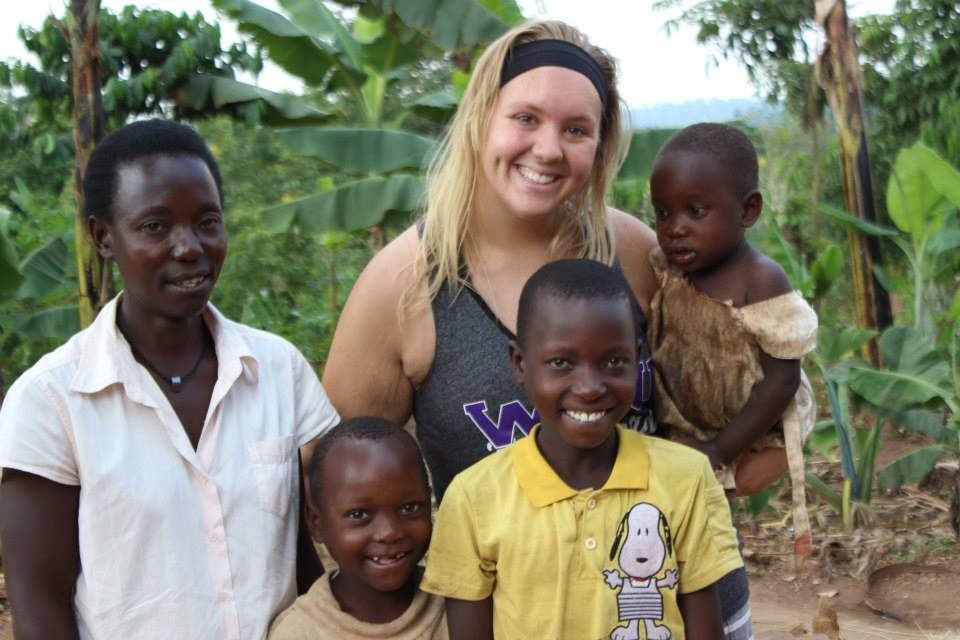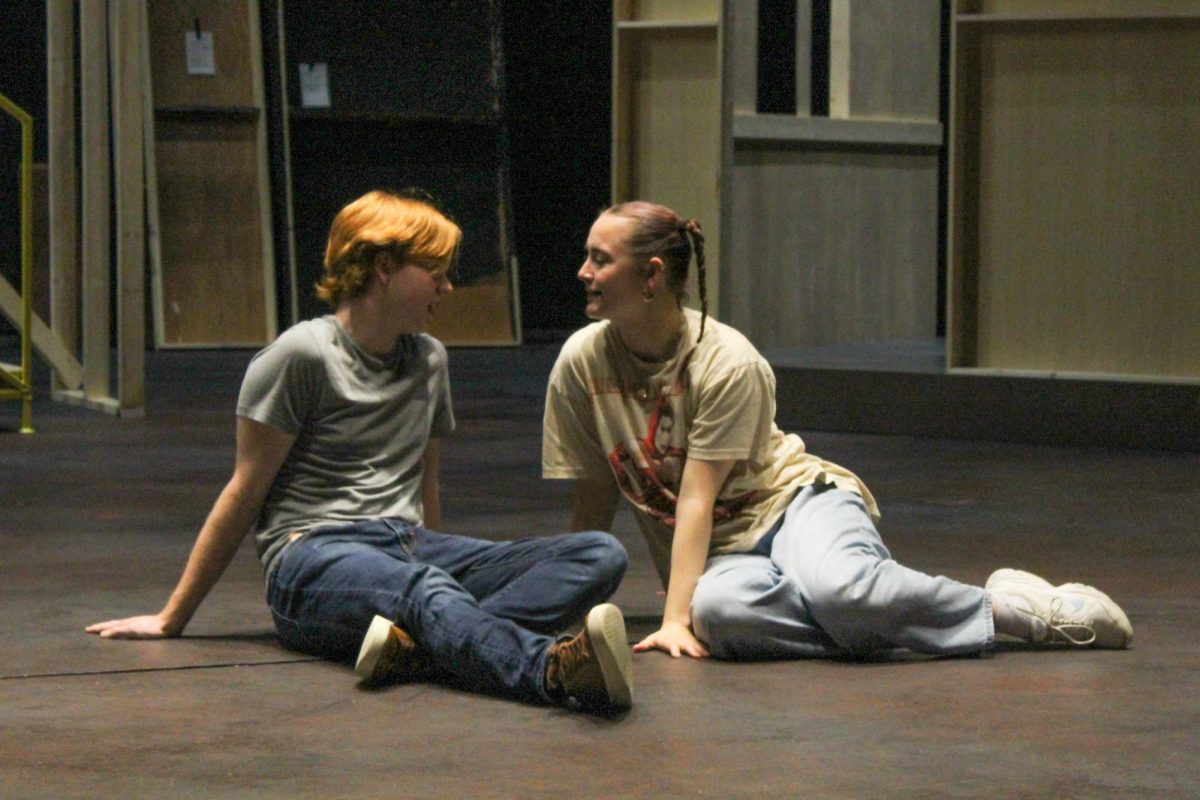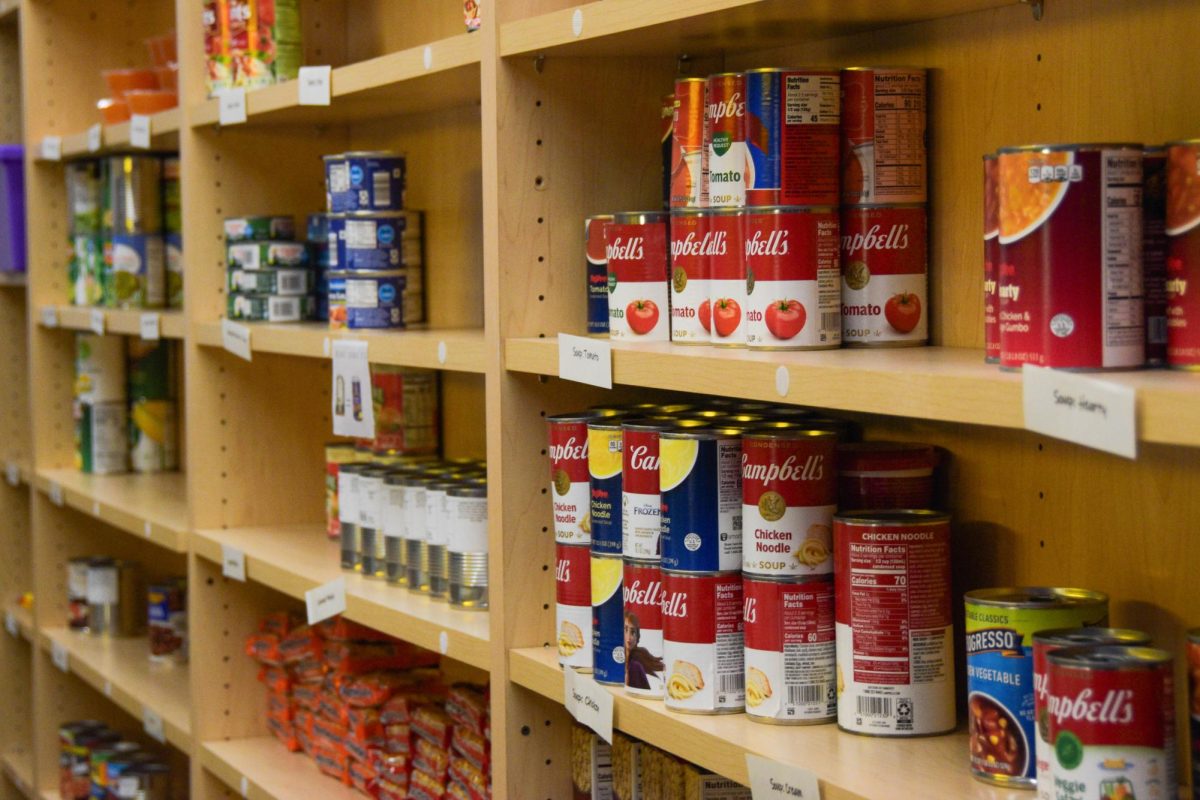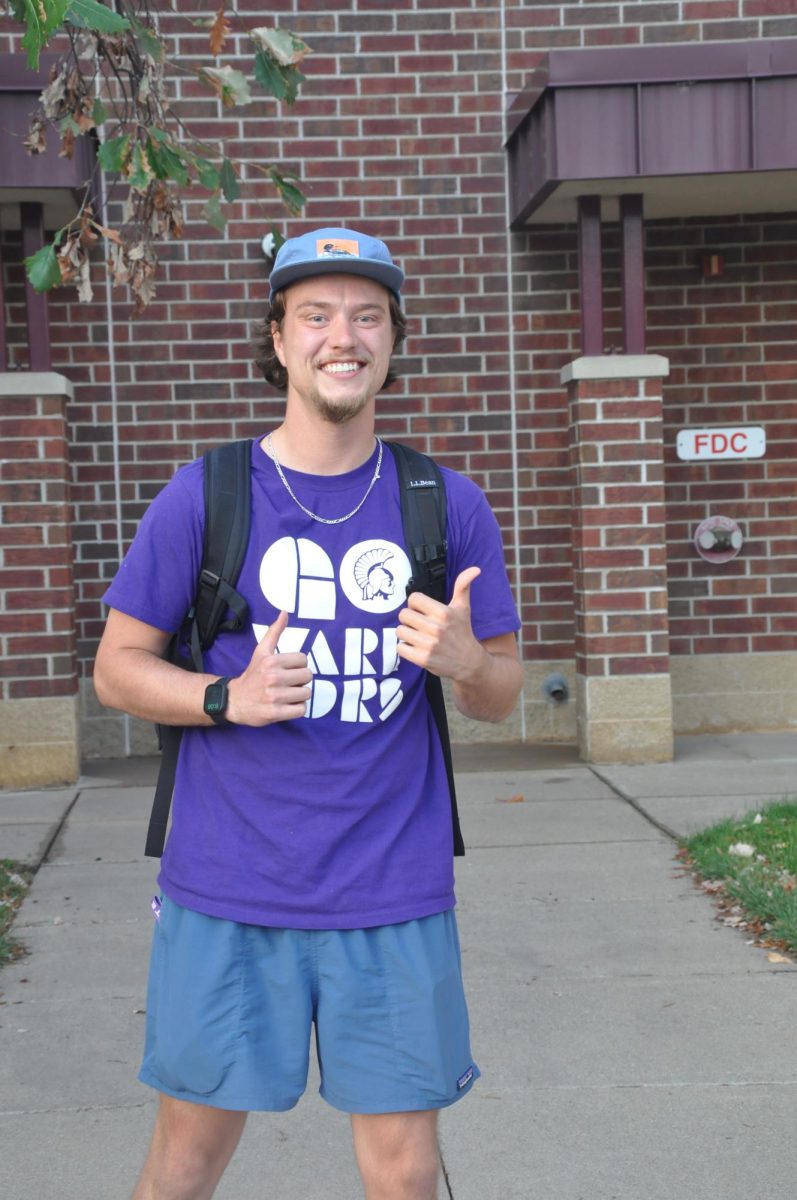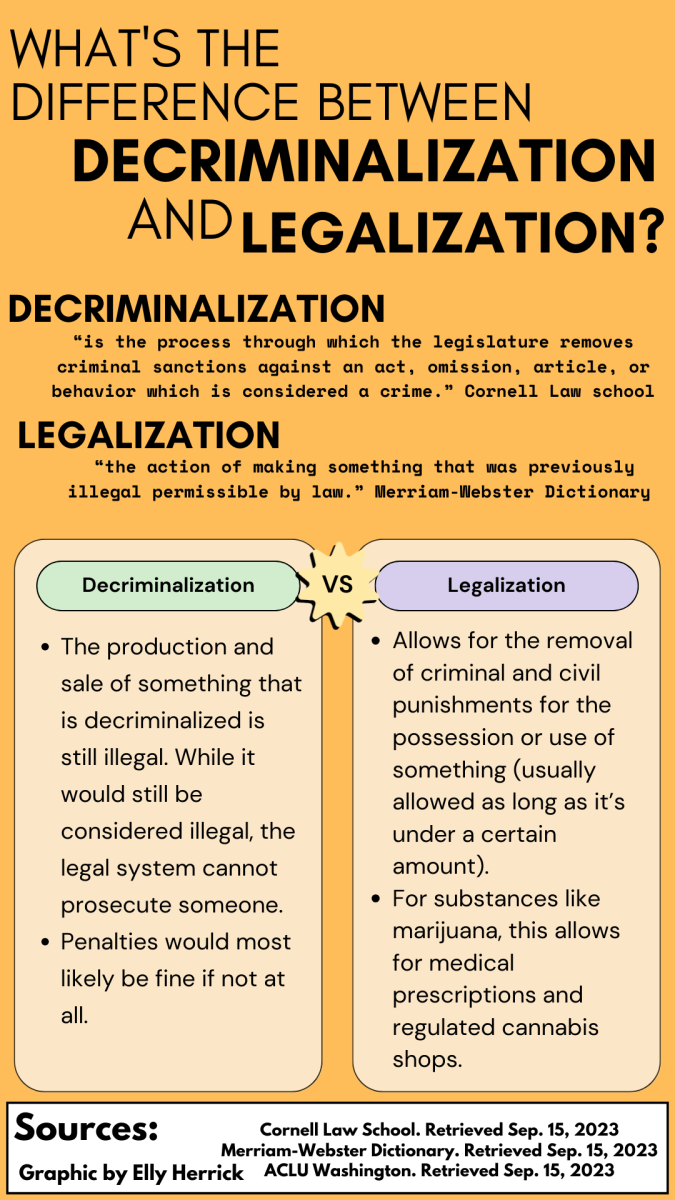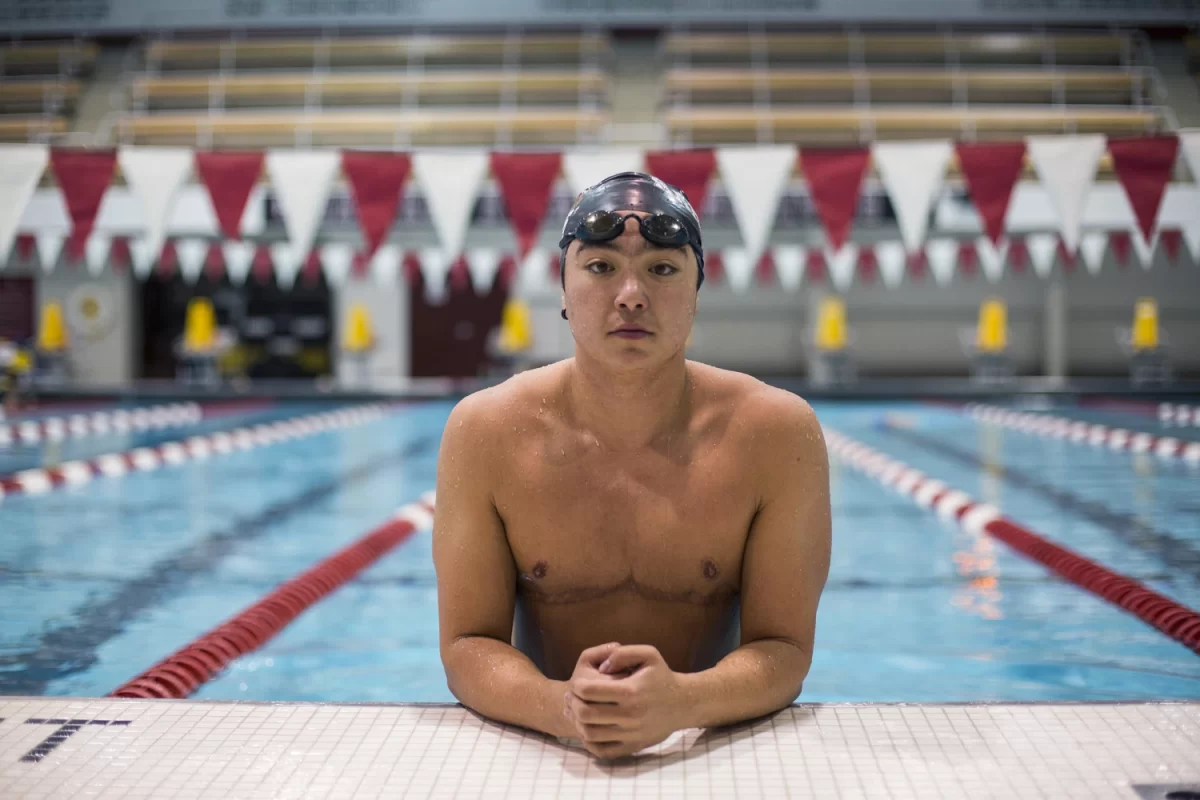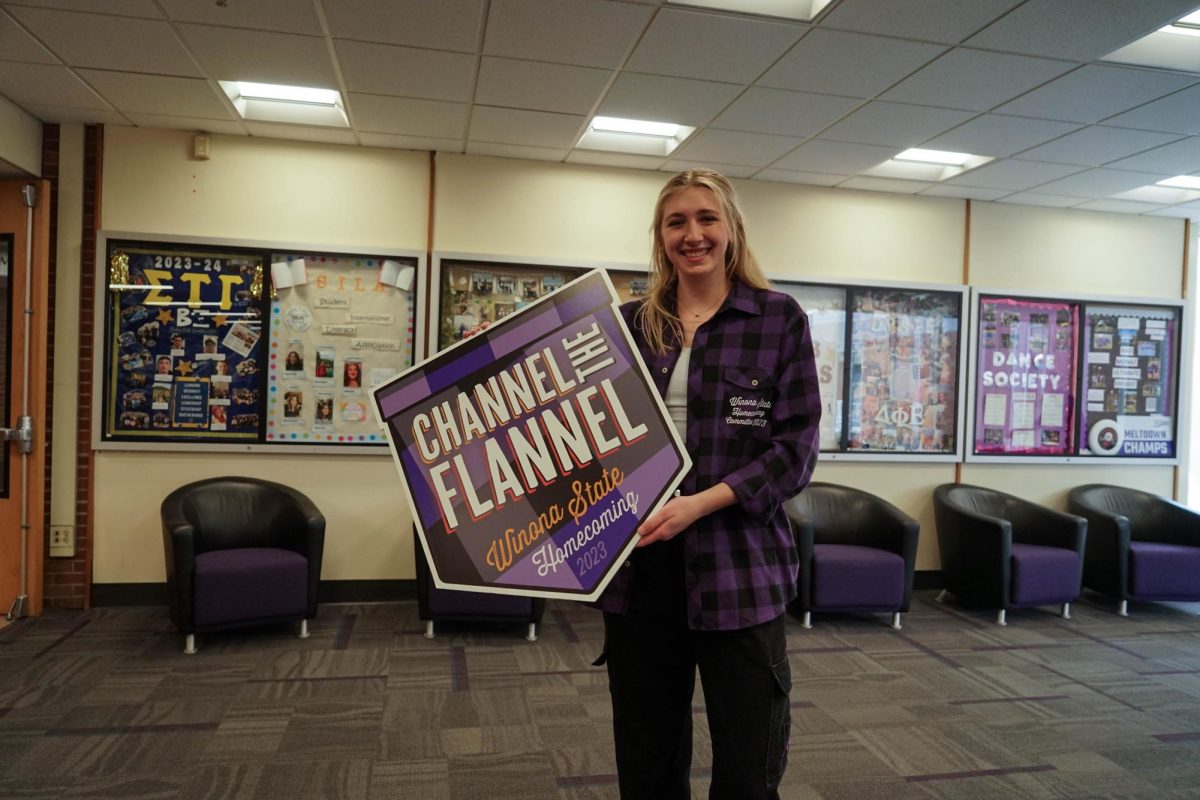Jessica Bendzick/ Winonan
The Hunger-Free Minnesota campaign has a mission, and they are asking Winona State University students to help them achieve it.
This campaign is striving to close the 100-million missing meal gap in Minnesota by overseeing a statewide Food Recovery Challenge among chosen universities. Hunger-Free Minnesota is asking Winona State University students to form a food recovery organization on campus to collect unserved, excess food from the dining halls to donate to local charitable meal programs.
Each year, Minnesotans throw away 520,000 tons of food into landfills, according to the Minnesota Food Recovery Challenge website.
Hunger-Free Minnesota Consultant Vanan Murugesan said the campaign’s main focus is to develop a system where food can be safely recovered and rescued to donate to those in need.
Winona State was chosen because it is located in a “high-needs” area, with several surrounding local meal programs.
This is the first year for the challenge, so Winona State would be among one of the first universities in the state rising up to the task. Augsburg College, Carleton College and the College of Saint Benedict have already launched their own programs.
Hunger-Free Minnesota will provide students the grant money and tools needed to successfully begin this challenge, and a campaign representative will coach students through the process step by step and be available for needed assistance throughout the school year.
The only work involved would be the dropping off and picking up of food bins from the campus dining halls. Once a week, Hunger-Free Minnesota asks that our students bring the bins full of food to various meal programs in the community. The campaign will have a list of needy programs, or students can choose where they want the food to go.
Murugesan stressed how the food waste ends up in landfills and creates methane, which has 21 times the global warming potential of carbon dioxide.
“This event is not necessarily just focusing on the hunger issue, it is also talking about sustainability from an environmental standpoint,” Murugesan said.
The Food Recovery Challenge is focused on saving unserved food, but as for the served food still left on students’ plates, Winona State dining halls will have this covered.
“The food waste goes to Winona farms, and they have a process where they cook the food, and it’s fed to their hogs,” Chartwells associate director Donna Spaeth said.
Chartwells began minimizing its food waste when they made the switch from trays to plates about five years ago.
“Once we cut the trays, we cut the food waste,” Spaeth said.
Visit www.mn-cfrc.org to sign up and start the Winona State University food recovery challenge.




























































